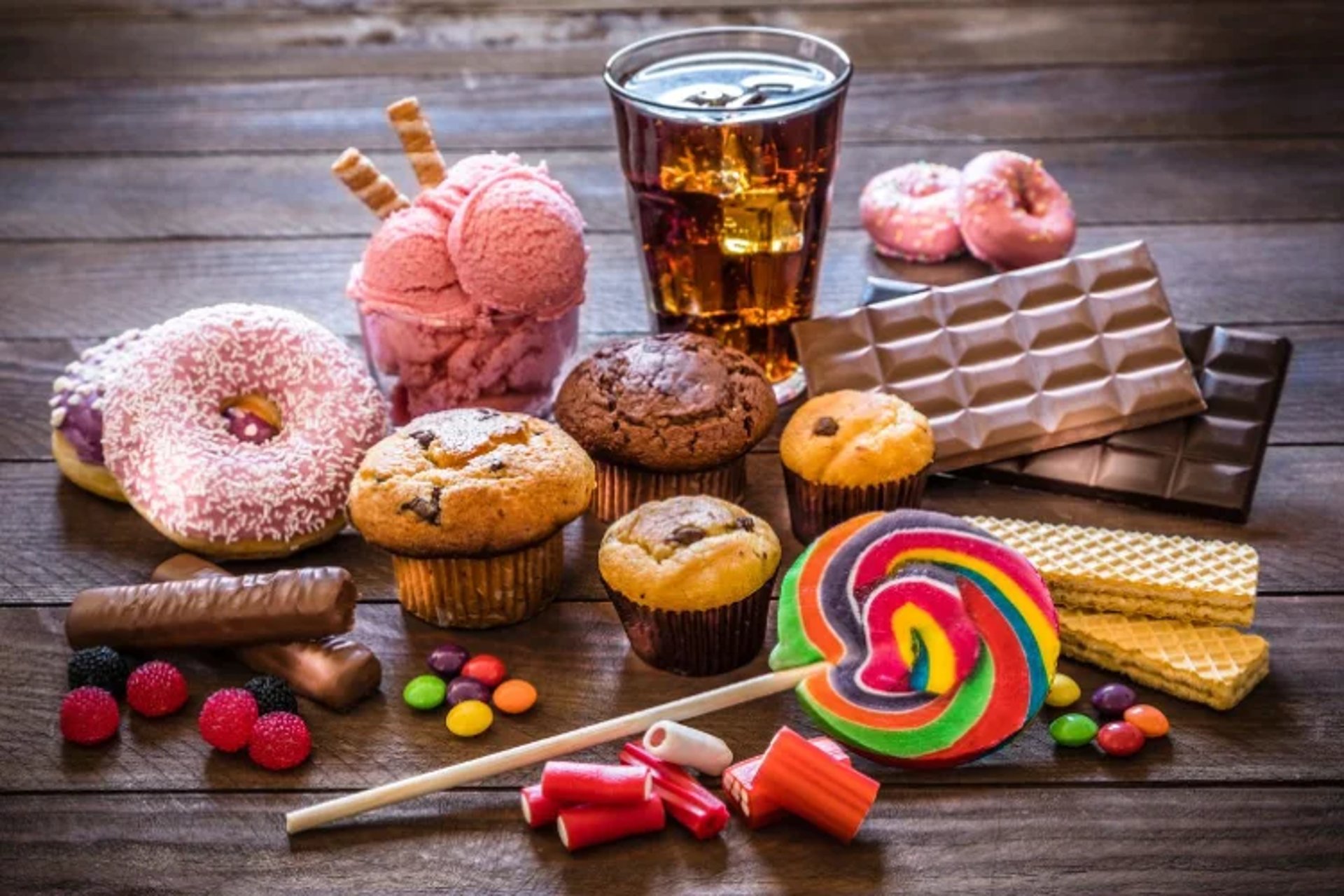
Feline Alert! Foods You Should Never Give Your Cat to Protect Their Health
Discover the foods that can be dangerous for your cat and learn how to protect their health with a proper diet. Avoid risks and ensure your pet’s well-being with this essential guide.
PETS
1/19/20254 min read
Introduction
Cats are more than just our pets; they’re companions who bring us joy and love. As responsible owners, we want to ensure they are always healthy and happy. Part of this care involves understanding which foods are safe for them. While some human foods may seem harmless, they can be dangerous—or even fatal—for cats. In this article, we’ll explain which foods to avoid to protect your feline friend.
1. Chocolate
Like dogs, chocolate is toxic for cats. It contains theobromine, a substance that can cause heart problems, tremors, seizures, and even death. The darker the chocolate, the greater the risk.
2. Onion and Garlic
Both onion and garlic, in all forms (raw, cooked, or powdered), contain compounds that can destroy red blood cells in cats, leading to anemia. Symptoms include lethargy, weakness, and loss of appetite.
3. Grapes and Raisins
Although less studied in cats than in dogs, grapes and raisins can cause kidney failure. It’s best to keep these foods out of your cat’s reach to eliminate any potential risks.
4. Alcohol
Alcohol is extremely dangerous for cats, even in small amounts. It can cause vomiting, diarrhea, disorientation, breathing difficulties, coma, and, in severe cases, death.
5. Xylitol
This artificial sweetener, found in gum, candies, and some baked goods, can cause a rapid release of insulin in cats, leading to dangerous hypoglycemia. Symptoms include vomiting, loss of coordination, and severe liver failure in extreme cases.
6. Caffeine
Caffeine, found in coffee, tea, sodas, and some medications, is highly toxic to cats. It can cause hyperactivity, increased heart rate, tremors, seizures, and even death.
7. Dairy Products
Many cats are lactose intolerant. Consuming milk, cheese, or yogurt can lead to stomach upset, diarrhea, and vomiting. While they may enjoy the taste, lactose-free alternatives are a safer choice.
8. Bones and Fish Bones
Bones and fish bones can pose choking hazards or perforate a cat’s digestive tract. Avoid giving your cat any meat or fish with bones.
9. Raw Meat and Fish
While some advocate for raw diets, raw meat and fish can contain bacteria like Salmonella and E. coli or parasites such as toxoplasmosis. Always cook meat and fish before feeding them to your cat.
10. Salty Foods
Excess salt can lead to sodium poisoning in cats. Symptoms include vomiting, diarrhea, lethargy, and in severe cases, seizures or death. Avoid sharing salty snacks with your cat.
11. Canned Tuna (For Humans)
Although cats love tuna, canned tuna meant for humans is not nutritionally balanced for them. It’s high in salt and can lead to deficiencies if given in excess.
12. Raw Bread Dough
Raw dough can expand in a cat’s stomach, causing serious intestinal blockages. The yeast also ferments, producing alcohol that can lead to ethanol poisoning.
13. Avocado
Avocados contain persin, which can be toxic to cats. It may cause stomach upset, vomiting, and diarrhea. Keep avocados away from your cat.
14. Fruit with Seeds
Fruits like apples, cherries, and apricots contain seeds that have cyanide. In addition to being toxic, seeds and pits can also be choking hazards.
15. Sugary Foods
High-sugar foods can lead to obesity, diabetes, and dental issues in cats. Avoid giving them sweets or sugary treats.
Conclusion
Providing a proper diet for your cat is essential to their health and well-being. Avoiding the foods listed above can prevent serious illnesses and even save your cat’s life. If you ever suspect your cat has ingested something toxic, contact your veterinarian immediately. With the right knowledge and care, your cat can enjoy a long, healthy life by your side.


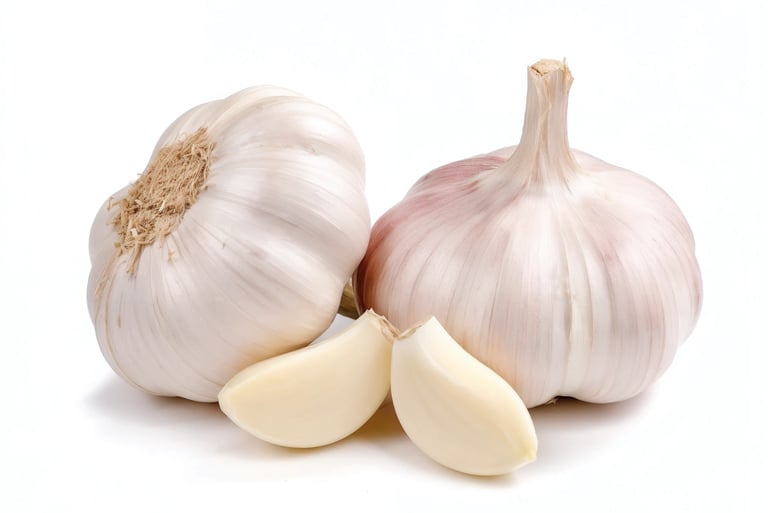

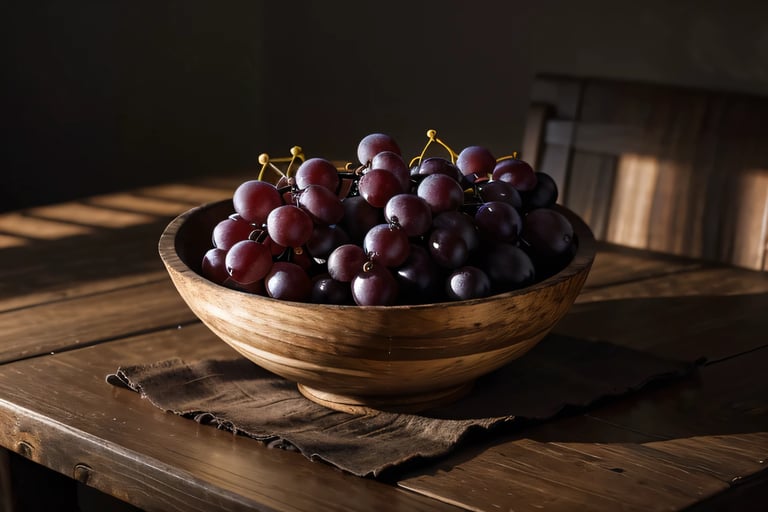









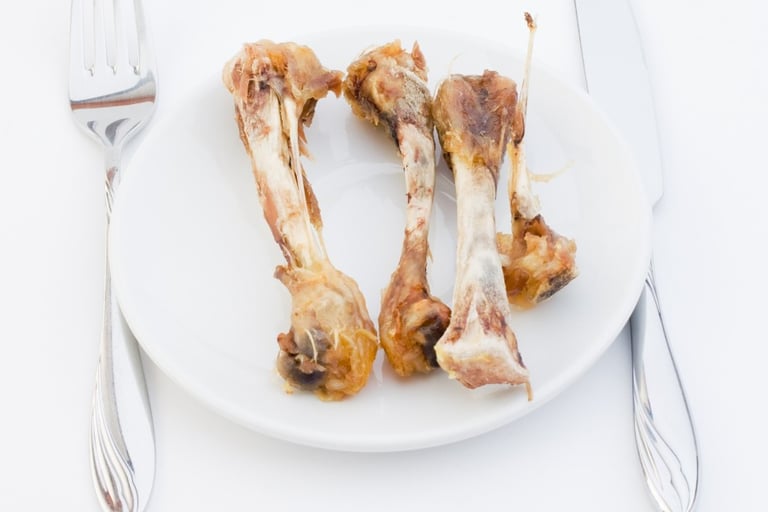

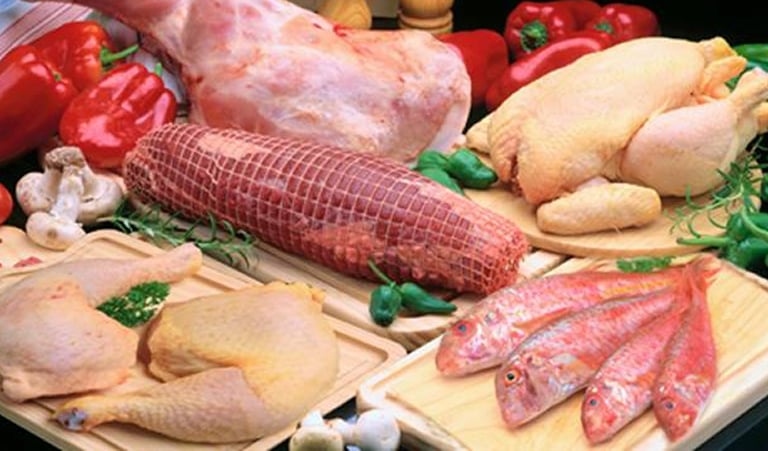

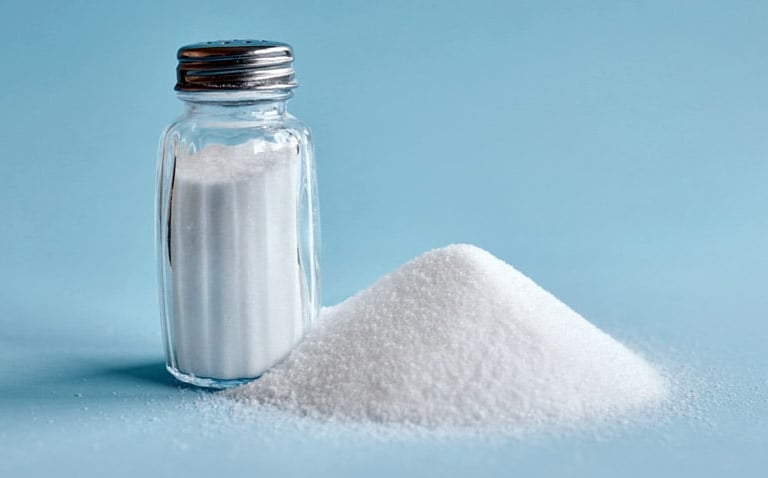

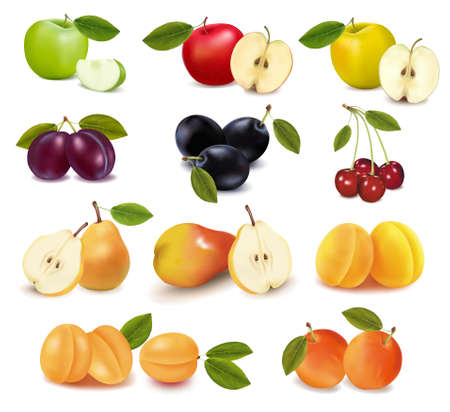

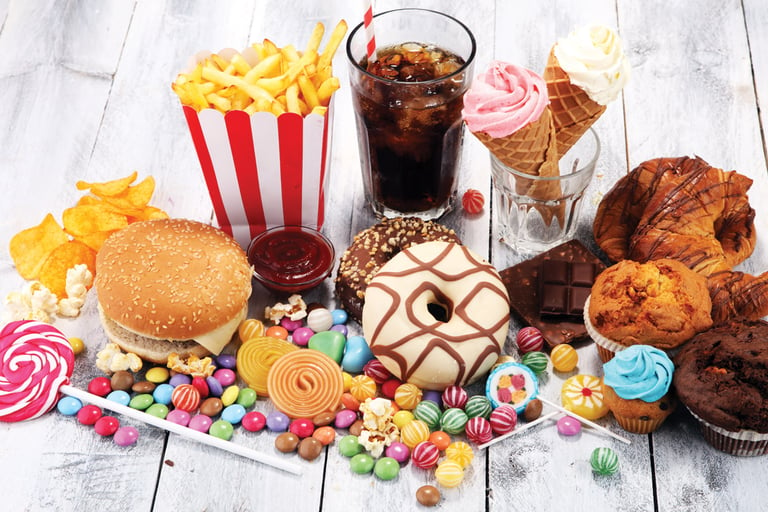

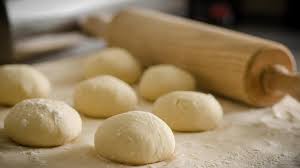



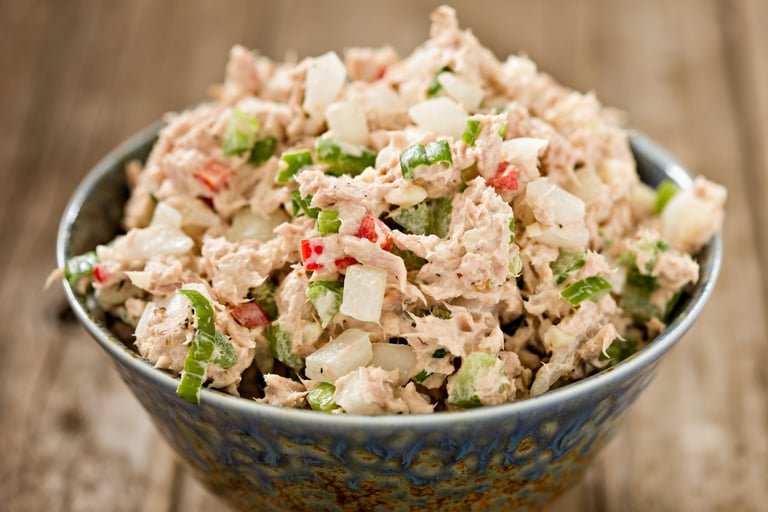

AgroPetEd
Information about animals and agricultural practices
© 2025. All rights reserved.
